You would need to be in his company to better appreciate the charm, charisma, and the candour he bears. Simple, suave, and stylish in every sense, Farooq Oreagba the Ojude Oba sensation is unmistakably down-to-earth. With a sharp sense of humour, every moment spent around him refreshes the space and the occupants reeling in laughter owing to his wits. Just like this recent Wednesday somewhere in Lekki, during a session, Farooq offered a nuance of what made him a viral sensation and social media favourite. Since his breakout last year during the annual Ojude Oba Festival, Oreagba has become a household name, with a growing fan base. Many called him “King of Steeze,” praising his ability to carry tradition with a modern twist. But Oreagba is more than just a style icon. In this interview with Ferdinand Ekechukwu and Azuka Ogujiuba, Farooq, the investment banker, unveils layers of his personality, style, and cultural intrigues. He reflects on the potential as well as the import of the festival. Excerpts
How would you describe your style in three words?
I would describe it as unconventional, individual, street…
Is style something you were born with, or something you’ve had to cultivate over time?
I have not changed; anyone that’s known me for the last 20 years would tell you I have not changed. This has always been me; the way I dress, the way I appear, sometimes the things I do, what has happened in the last year is that my style, as you call it, has now been brought to the attention of people globally via social media. For those that have known me they will be like, ‘what’s changed? Nothing has changed, this is me. I always say this; I am what I am, what I’m not, I can never be. This is me.
Who are your fashion influences — both locally and internationally?
Locally I would say I take bits from a variety of people. I used three main designers – Rhobes Official, King Hakbal, and Mai Atafoo. And they are all different in what they do. But I also just try and do stuff that I’m comfortable with. Many years ago when I started wearing native trousers with t-shirts people thought I was mad. Now people everybody does it. I go with what makes me feel comfortable even though sometimes it may not be the norm. Internationally, obviously I sort of dress a lot like the Basket players. My idol when it comes to fashion is the basketball player called Allen Iverson. Allen Iverson turned the dress code for basketball players. He started wearing street clothes for basketball games. He had the tattoo; he had the earnings before that it was not allowed, unconventionally. So if anything internationally, I would say Allen Iverson has always been somebody I have always. He is the bad boy of basketball and I’m the bad boy of finance.
Do you believe style should make a statement or just reflect comfort and confidence?
Those two are linked. My style makes a statement. And it makes a statement about what makes me feel comfortable. So, when I come out like this, it’s a statement this is what makes me feel comfortable. It’s an individual. Two individuals can wear the same clothes and carry it in a different way. I wear what I feel like, what you see on that day is me. That’s the way I feel, that’s what I’m comfortable in, I don’t like wearing stuff that makes me uncomfortable. So, my style as you see me is a reflection of how I’m feeling at that particular moment in time.
What does your wardrobe say about your personality?
Crazy. I got some of the best suits. I have some crazy suits. If you saw the black ties I was wearing today, the trousers, very unconventional. But you know, it just shows that. Some people look at my wardrobe and think I’m confused (laughing).
Your outfits at last year’s and this year’s Ojude Oba festival have become a sensation. What inspires your look?
Well, the reality of the matter is we don’t get to choose the material that we wear. This year, both outfits that I wore were made by Rogues Official, and I would be totally honest with you, I had no input. They look at me and said this is what I think you should do. This is how we are going to sew it. Because, like I said, I only use three main designers. So, they know me and they looked at me and thought for what you doing this year, they took the material. I didn’t see the stuff; I didn’t see my clothes until like a couple of days before. But those guys know me so well and they know the kind of personality I am. And they design the clothes you know. So I’m not going to take the credit to say that I designed anything. But the guys who styled me and designed me know me that well that they can pull up time and time again and as you saw, two years back to back we rocked it.
What does the Ojude Oba festival mean to you, personally and culturally?
For me it’s very, very important. It’s me getting back to my roots. It’s one of the times when the whole family gets to come together irrespective of economic standards. We roll together, we eat together, we wear the same clothes, whether my cousin who’s a mechanic or my cousin who’s an ambassador, we wear the same clothes. It brings family together; it takes a lot back to our roots. Culturally, it’s the pride of Ijebu land. And this is one of the things we are trying to do now. We are trying to take Ijebu culture, Yoruba culture, and Nigeria culture, take it to the world. Nigeria culture, Nigerian music is global. Why can Nigerian culture and fashion not be global? I would rep Nigeria anywhere if I’m privileged. I was at the Headies Awards not too long ago I pulled up in an Aso Oke suit. So, for me, Ojude Oba is a means for us to showcase the kind of culture and traditions we have in Ijebu land, Yoruba land, and ultimately in Nigeria. If we can make it into a commodity, it is something that Nigeria can take to the world. And if I can be involved in that, it will be a pleasure, and it would be an honour and a privilege.
Many see you as a bridge between the old and the new. Do you agree with that?
I agree 100 percent. It’s called the godfather syndrome. The godfather syndrome is I bridge generation. I’m going to be 60 next year. But a lot of people might find that hard to believe. I have my health issues that are well known to most people, and I just decided that you know we have a finite time on this earth, right? If you cannot add time to the life you have, let’s add life to the time you have. I’m adding life to the time I have. If I can inspire the young people, then so be it. It’s a privilege that they look at me and call me uncle, but they also look at me as a style icon and they listen to me, and hopefully, even in my professional work if I can be used as a bridge to bring my work in financial services. If I can get the financials, if I can be a bridge to bring more youths into financial services, into capital markets, to encourage them to save and invest, so be it. but I’m a bridge, I didn’t ask for it, they see me as a bridge, it’s something that I take and I wear with pride. And hopefully I can put it to good use.
How important is cultural storytelling in how you present yourself?
Cultural storytelling is very, very important, and it’s something that I’m still beginning to get into now. I go to see my uncles and they tell me stories because I was brought up in the UK. Although I studied in Nigeria, I’ve spent over 30 years in the UK, and there’s so much culture and history behind it. And a lot of that is coming out as a result of the Ojude Oba festival. People are checking to find out what the history behind it is and so on and so forth. It’s very, very important. It’s the only way you can pass tradition down from generation to generation to make sure it doesn’t die. So it’s very, very important.
Do you think the younger generation appreciates Yoruba culture enough?
They don’t but we are bringing them back. Perfect example, my eldest son hardly comes back home. He came home for Detty December, and he had a great time. This year, he said ‘dad, I want to ride with you.’ Now he’s like ‘I want to come back to Ijebu.’ So we are bringing them back. We’ve got to give them something to look forward to, bring them in gently and hopefully that’s the only way; otherwise the tradition dies. You know we can’t afford to let that die. So getting the younger generation involved is extremely key to preserving our culture and heritage.
A little more on the Yoruba heritage, how would you like to see the Yoruba heritage evolve in the next decade?
I would like to see the Yoruba culture evolve. I mean, we have the Yorubas in Brazil. We have them all over South America. I would like to see a situation… Nigeria just signed a cultural deal with Brazil in the last 48 hours. I would like to see a big Yoruba festival being celebrated in Brazil. I would like to take Ojude Oba to Brazil. I would like some of those guys to come back here to see what we are doing. We’ve seen what’s happening in Ghana. So, it’s a process, it’s happening, and we got a long way to go. But the journey of a thousand mile starts with a single step. We have taken that step. We’ve built on last year; we are going to build on this year for Ojude Oba next year is going to be bigger and better.
How can Ojude Oba be leveraged as a global cultural export?
we’ve got a lot of work to do in Ojude Oba as a cultural export. We need to in terms of organisation, crowd control, health and safety. But if we get it right, it will be something. In this age of social media, once people start coming over and seeing what’s going on they would get involved. Ojude Oba is there. It’s what we have, we got to use it, portray it in the right light, use the avenues possible; media, social media, TV and so on and so forth to get it out there. Make people welcome and make sure we can accommodate them and show them a good time. We’ve got so much history here. It can be a major revenue and for any government, federal, or State. we just have to put the effort and make sure we do it right.
Do you feel a personal responsibility to preserve and promote the festival?
Absolutely! I didn’t go looking for it. This is my 16th year now. I didn’t look for the fame, but I have got it. And I have been blessed with it. I’m glad I have got it and I will gladly wear that mantle until the day I die.
What part of the festival brings you the most joy?
When I ride into the arena, and I walk up there to go pay homage to my King, I’m a very, very proud Ijebu boy.
When you are not busy how do you spend your time?
When I’m not busy, my primary home is on the beach. When I’m not busy I ride horses or I ride jet skis. If I’m not on a horse on a weekend, I’m on a jet ski.
On a final note, what legacy would you like to leave — through culture, fashion, or lifestyle?
My legacy: Farouq came, and he did it his way. He came, he rode, and he did it his way.



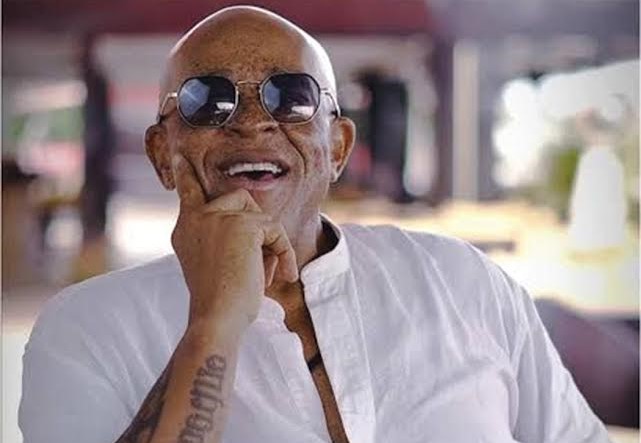


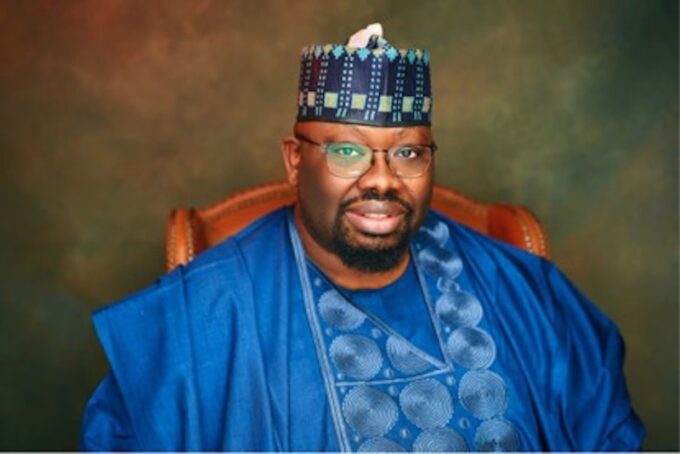


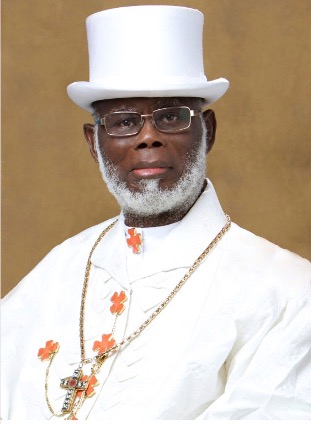
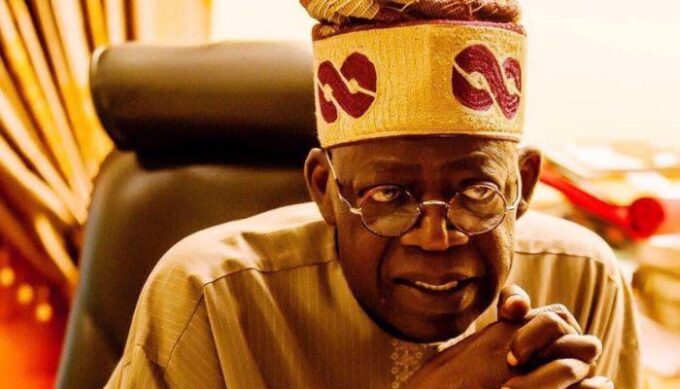
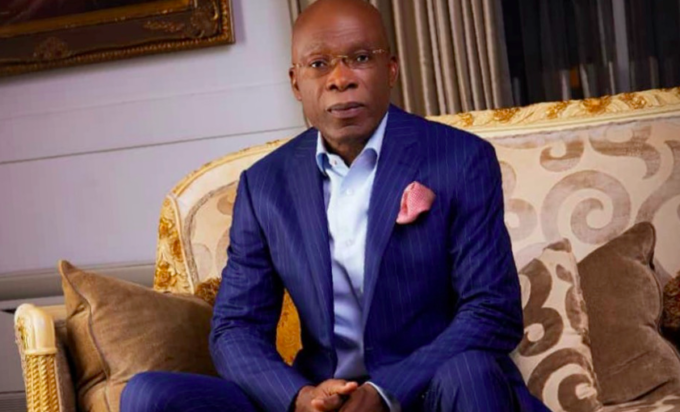
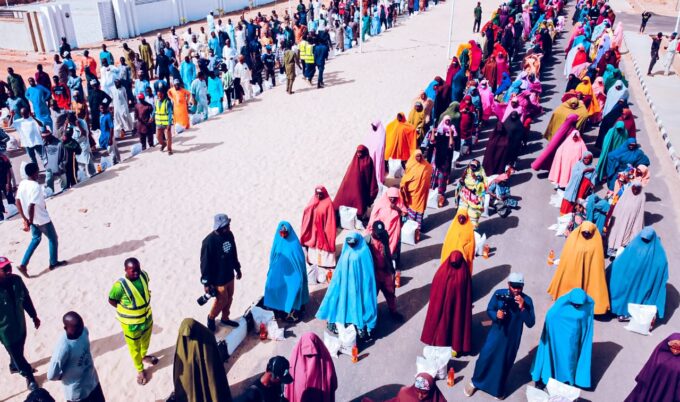


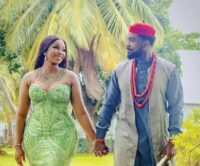
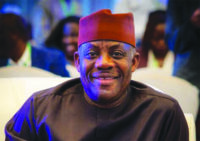
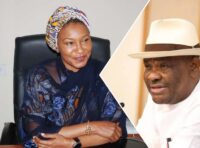
Leave a comment